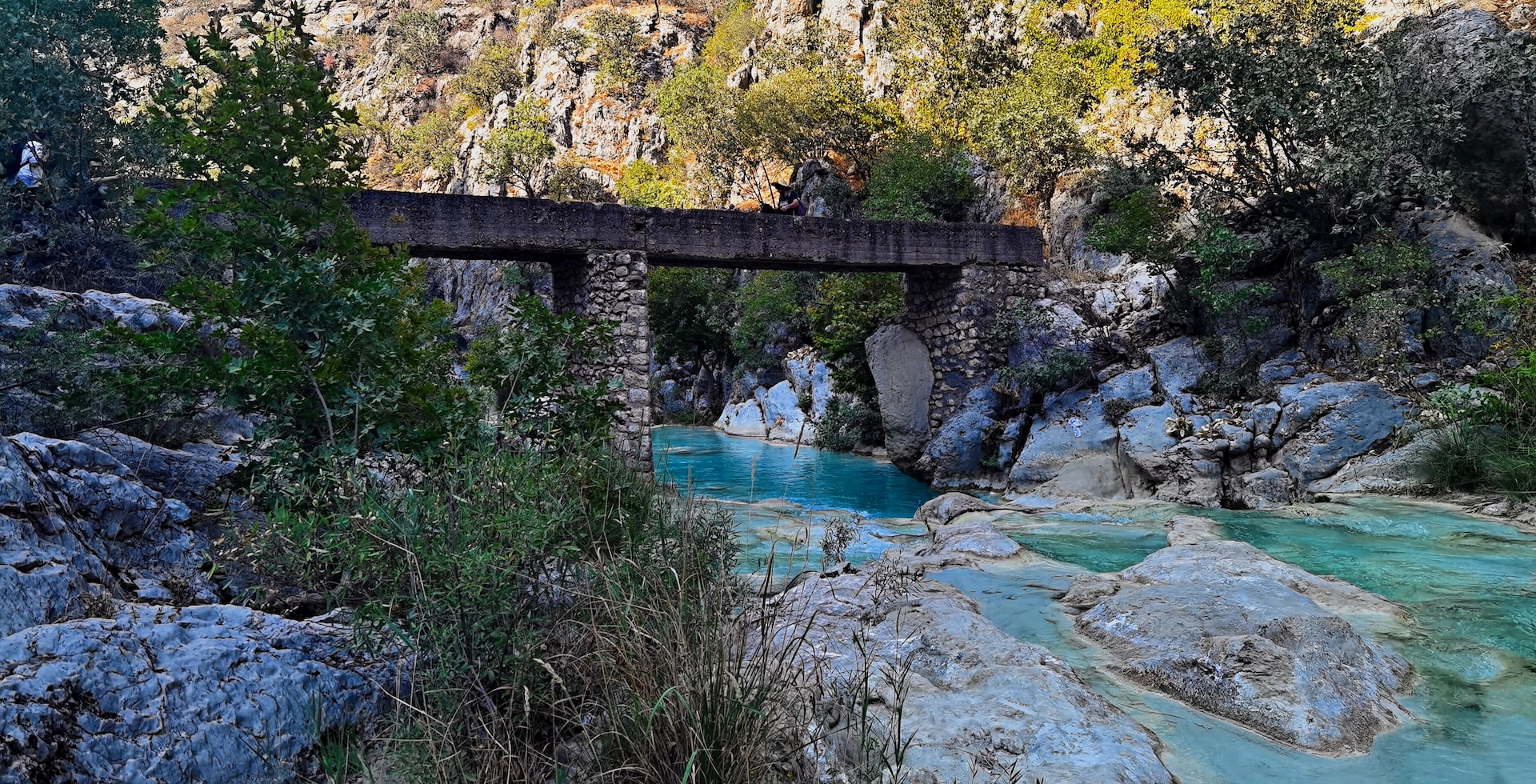The “Paris moment for nature” is upon us. Or rather, scientists and at least 3 million people in 92 countries hope so. The 15th Conference of the Parties to the United Nations Convention on Biological Diversity (CBD), a treaty drafted in 1992 to protect the world’s biodiversity, will take place on 7–19 December 2022 in Montréal, Canada. The COP15 will convene governments from around the world to agree on a new set of goals for nature over the next decade and tackle the increasing rate of biodiversity loss worldwide: according to the UN, around a million animal and plant species are facing extinction. The extinction rate is such that an increasing number of scientists define the current situation as the “sixth mass extinction event” on Earth.
🌳 Biodiversity is calling you to 🇨🇦
Confronting the greatest loss of species since the dinosaurs’🦕demise, the 🗺️community convenes for #COP15 from 7-19 December🗓️ with the aim of adopting a new global biodiversity framework (GBF)
Visit ➡️ https://t.co/dOHg871jty #ForNature pic.twitter.com/lHojDMAG8Z
— UN Biodiversity (@UNBiodiversity) November 11, 2022
Back to the summit, its aim is to shape the next decade of action on biodiversity through approval of the final version of the non-binding Kunming Declaration adopted by the parties last year. Indeed, COP15 was meant to take place in the Chinese city of Kunming in October 2020, but it was delayed four times due to the pandemic.
To keep the ball rolling, China officially opened COP15 in Kunming in October 2021, a largely online event, at the end of which a draft resolution was approved. It has three objectives: the conservation of biodiversity, the sustainable use of its components, and the fair sharing of benefits arising from the use of genetic resources.
With Covid-19 restrictions still in place in China, the CBD Secretariat announced that the main part of the summit would take place in Canada. Nevertheless, China remains the official President of the meeting. Thus far, parties to the treaty include the European Union and every country except the United States and Vatican City, though both will participate in the summit. In contrast to the COP27 climate talks in Egypt last month, no heads of State are expected to attend the Canadian summit.
According to the Guardian, which pledged a special supplement about the COP15, the move raises concerns Beijing is downplaying the crucial summit: although UN environment negotiations are largely technical, the presence of world leaders, campaigners and celebrities help raise the profile of the final agreement.
Meet @ipbes at @unbiodiversity #COP15!
‘Science Day’: our experts will brief decision-makers on the science behind the draft #GBF https://t.co/byg9kfZ1t8
Or come to our side events on 8 & 9 Dec to learn about the #SustainableUse & #ValuesAssessment & other ongoing work! pic.twitter.com/rYLSheWltV
— ipbes (@IPBES) December 2, 2022
Nevertheless, “a breakthrough is desperately needed. In Paris in 2015, a legally binding treaty committed the world’s nations to action to tackle the climate crisis. Something similar is required in Montréal. But a roadmap will not be worth much if governments do not accept that investing in protecting the world’s biodiversity is not an optional extra”.
Reducing greenhouse gas emissions which fuel climate change that leads to the loss of land and species, also needs to be addressed. The financial issue is also stressed by the Washington Post, which reminds readers that the summit “needs to send that signal that the global economy is transitioning to be nature positive. Much of the conversation in Montréal is likely to revolve around money and specifically how much of it wealthier countries are willing to make available to support the conservation efforts of emerging economies”.
According to the World Economic Forum, biodiversity loss hits the world’s economies too with catastrophic results for people across the globe. Some countries even risk bankruptcy as a result.
If an agreement on the framework is reached at the summit, it will replace the 2010 Aichi targets. Despite partial progress on a few of those targets, such as the amount of protected water and land, none were fully achieved by 2020. However, there is reason to hope any targets agreed to in Montréal will be more successful.
“It is an opportunity for you, the next generation to show the world that you are willing to steer this
transformation. And the next two days are perfect opportunities to decide how you will guide the rudders of this ship”>> At the Global Youth Biodiversity Summit #COP15 pic.twitter.com/OrtRYfhQPR
— Elizabeth M. Mrema (@mremae) December 5, 2022
First of all, as reported by China Dialogue, the Post-2020 Global Biodiversity Framework’s goals “will be more outcome-oriented than before, with clearly articulated and time-bound aims underpinned by targeted actions to address the drivers of biodiversity loss. Parties and shareholders will also pay more attention to implementation and fundraising”.
In an interview published in the NewScientist, Eric Dinerstein, a wildlife expert at Resolve – a US environmental consultancy – underlines that nowadays “there’s more knowledge about how the world’s biodiversity is distributed and how to protect it. There is also a greater recognition and involvement of indigenous people in the process. Indigenous lands often contain more biodiversity than lands not managed by indigenous peoples”. The engagement of indigenous communities is essential since close to 80% of the planet’s biodiversity is found on their lands, wrote the Argentinian newspaper La Nación.
Picture credits: Jiaqian AirplaneFan – licensed under the Creative Commons






